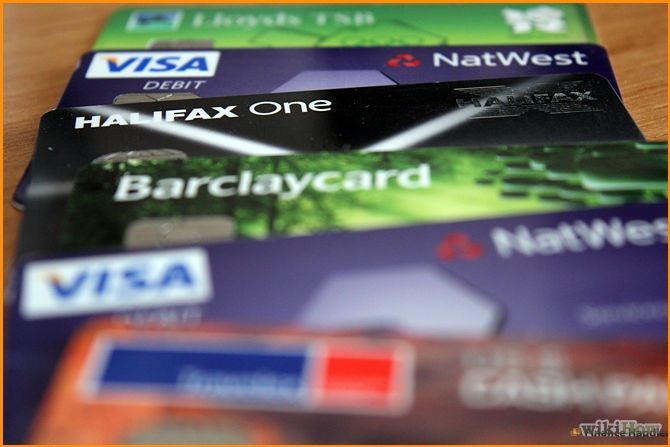You are considering a program of personal finance. What are your long-term and short-term goals? Are you planning for retirement or just for a nice vacation next summer? Once your goal is clear, you have to get very practical. How much money is coming in? What are the risks and rewards of a given plan?
Be careful not to make any long distance calls while traveling. Most cellphones have free roaming these days. Even if you are sure your cellphone has free roaming, read the fine print. Make sure you are aware of what “free roaming” entails. Similarly, be careful about making calls at all in hotel rooms.
When you are renting out your property there may come a time that you need to have a tenant evicted. It is a hard decision to make, and it doesn’t come cheap either. You can easily go through the process yourself, no lawyer is needed, but be sure to seek out the advice of someone else who has done it before, as the court system can be tough to navigate for the first time on your own.
Start building up an emergency fund today. In an ideal world you should have at least three months, preferable six months, living expenses stored away. Put it in an easy access, high interest savings account. If you don’t have any money saved, remember that it is never too late to start saving.
If you want to make the most of your assets, you should consider getting a rewards credit card. Depending on your lifestyle, you may be better off to get the card that offers the best cash rewards, or the largest number of airline miles. You should get the credit card that best fits your spending habits. It can return assets to you for spending money that you would spend anyway. The bottom line is always pay the balance in full every month and don’t be tempted to spend more money just to qualify for additional rewards.
One of the best ways to start saving is to get an old-fashioned piggy bank. Get a big plastic one that cannot be opened. Put all your change in your piggy bank and if you find money or get money as a gift, put half of it in the piggy bank. When the piggy bank is full, cut it open. You will have a great start to a savings account.
If you want to save money, then look hard at your current spending patterns. It is easy to theoretically “wish” you could save money, but actually doing it requires some self-discipline and a little detective work. For one month, write down all of your expenses in a notebook. Commit to writing down everything, such as, morning coffee, taxi fare or pizza delivery for the kids. The more accurate and specific you are, then the better understanding you will get for where your money is really going. Knowledge is power! Scrutinize your log at the end of the month to find the areas you can cut back on and bank the savings. Small changes add up to big dollars over time, but you have to make the effort.
After reading these tips you have probably already sketched out a plan in your mind for achieving your goal. If that goal is a trip to the French Alps next summer, you will have checked out airfares and hotels. Whatever the goal, practical planning now will enable you to achieve it.


